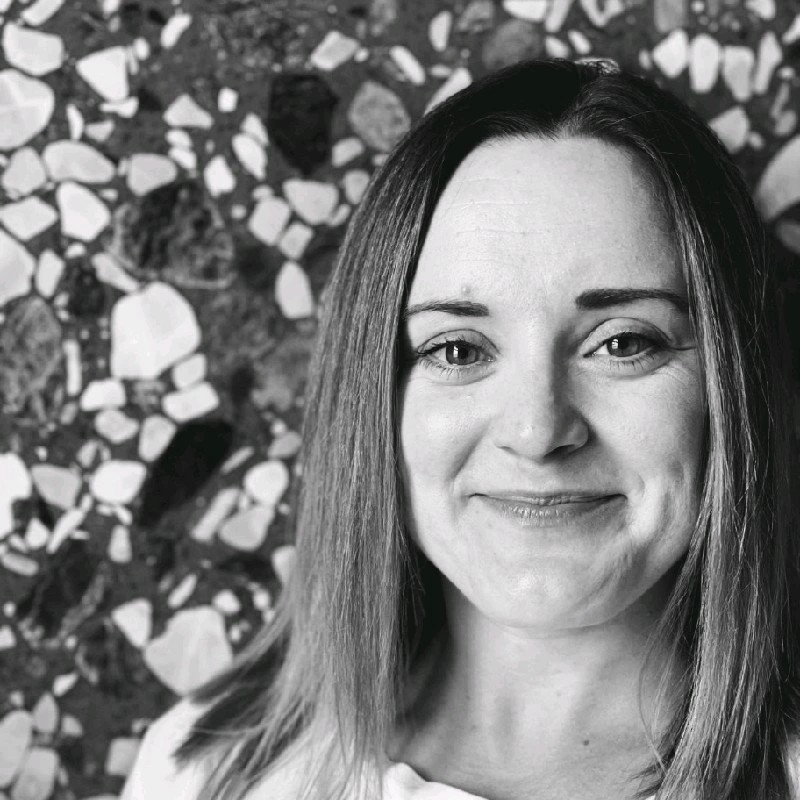“You don’t have to have all the answers. The humility to say, ‘I don’t know — let’s figure it out together,’ is crucial.”
— Craig Harris, Chief Operating Officer and Chief Commissioner, Lancashire and South Cumbria ICB
Few people embody the spirit of service like Craig Harris. A mental health nurse by training and a public servant by nature, his journey through the NHS reads like a lesson in leadership through change, compassion, and conviction.
In the latest episode of the Care Intelligence Revolution podcast, Craig sits down with Ruth Kyle, Health Connect COO to talk about the realities of transformation within the NHS — not the headlines, but the human stories beneath them. It’s a conversation about what it really feels like to lead in a system that is constantly evolving, and how to hold onto humanity when everything around you seems to be shifting.
A Life in Service
Craig has spent over 25 years in healthcare — starting as a Registered Mental Health Nurse before moving into senior leadership roles across commissioning, justice, academia, and local government. Today, as Chief Operating Officer and Chief Commissioner for Lancashire and South Cumbria Integrated Care Board, he’s helping to shape the future of integrated care.
But when asked how he identifies himself, Craig’s answer is immediate:
“I always assume everyone knows I’m a nurse — it’s in my DNA.”
That grounding in clinical care continues to shape how he leads. Whether in boardrooms or community spaces, Craig carries with him a nurse’s instinct to listen first, act with empathy, and keep the person — not the policy — at the centre of every decision.
Navigating Change: “Building the Aircraft While We’re Flying It”
The NHS is no stranger to reform. But in Craig’s words, the latest restructuring — including the creation of Integrated Care Boards (ICBs) and the dissolution of NHS England’s previous form — felt uniquely disorienting.
“Change is inevitable — but this time, it was the shock and the pace that made it difficult. It felt like building the aircraft while we’re flying it.”
The impact, he explains, wasn’t just operational — it was deeply emotional. Teams who had devoted decades to the NHS were left uncertain about their roles, their purpose, and even their place in the system.
“We talk about ‘system change,’ but we forget it’s people who make up the system. They’re the ones absorbing that change, often without the space to process it.”
Craig recalls learning about the “abolishment” of NHS England during his best friend’s mother’s funeral — a surreal moment that crystallised how public service rarely pauses for personal life.
“I didn’t like that word, ‘abolished.’ It felt insulting to the people who’ve given their lives to this service. This isn’t abolition — it’s transformation. But how we communicate that matters.”
The Human Side of Leadership
Throughout the conversation, Craig returns to one consistent idea: leadership is about people, not power.
“You don’t have to be the loudest voice in the room to be effective. Sometimes leadership is just about being present, being steady, and creating space for others to breathe.”
He describes his approach as the “Wolf Pack” model — a style of leadership where the leader doesn’t always walk in front, but sometimes moves behind, ensuring no one gets left behind.
“If you’re always leading from the front, you lose sight of your people. Sometimes you have to lead from the back — to watch, support, and make sure everyone stays together.”
This grounded humility, he says, is what sustains teams through turbulence. Because the truth is, change fatigue is real. And in the NHS — where the stakes are often life and death — the emotional labour of leadership is immense.
Technology and Humanity Can Coexist
For all his grounding in human connection, Craig is also a realist about the role of technology and AI in the future of healthcare. He believes data and digital tools can and should enhance the human experience of care — but warns against letting efficiency become the only goal.
“Technology can free time to care — but only if we design it around people, not processes.”
Craig argues that innovation in health and care should never be about replacing relationships with algorithms, but about empowering professionals to focus on what matters most.
“Data should be the backbone, not the brain, of our care system.”
Respect, Compassion, and Connection
If there’s a thread running through everything Craig says, it’s respect. Respect for the people delivering care. Respect for those receiving it. Respect for the colleagues who show up every day despite uncertainty, pressure, and scrutiny.
“We mustn’t lose compassion for the workforce. Everyone’s trying to do their best, often with too little time and too much noise.”
He acknowledges the tension between bureaucracy and purpose — how the very systems built to safeguard care can sometimes strip away the joy of providing it. But for Craig, the answer isn’t less structure; it’s more humanity.
“People remember how you make them feel. That’s leadership. That’s care.”
Leading with Love in a System Built on Duty
As the NHS continues to evolve, Craig’s reflections offer a powerful reminder that leadership isn’t about control — it’s about care. It’s about holding both the system and the people within it with equal weight.
“It’s not about being perfect. It’s about showing up, being kind, and having the courage to say — we’ll figure it out together.”
At a time when health and social care can feel like a constant balancing act between reform and fatigue, Craig’s words land as both grounding and hopeful. Because beneath the policy changes and performance targets lies something enduring — the shared belief that humanity must always sit at the heart of care.
🎧 Listen to the full episode:
Care Intelligence Revolution — “Navigating Change with Humanity: Leadership, Technology, and the Future of the NHS”
Featuring Craig Harris, Chief Operating Officer & Chief Commissioner, Lancashire and South Cumbria ICB.




.png)
.png)







